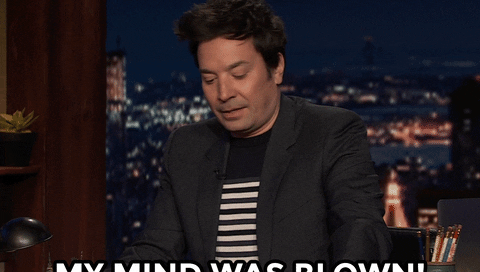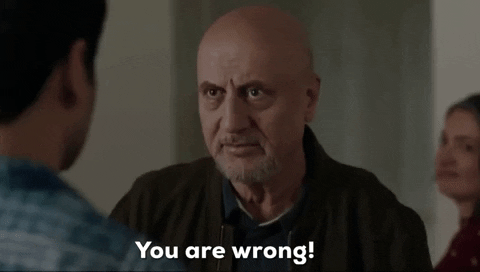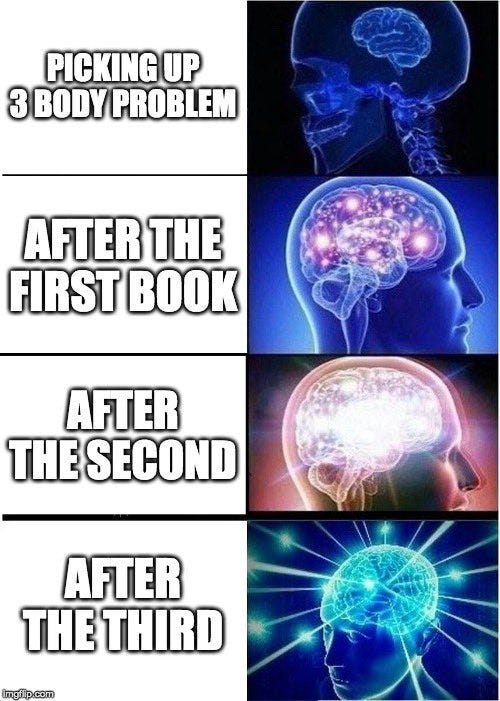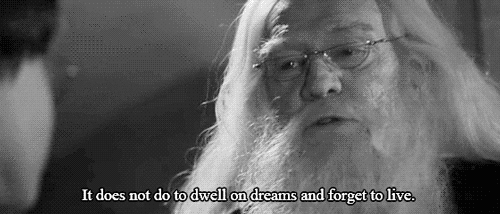Hi👋
Tapan here.
Monthly Mulling is a bi-monthly newsletter sending the best ideas from the web to your inbox for free. High signal. Low noise.
Happy New Year y’all!
🎆 It’s the time for resolutions, building systems, setting goals, and trying your best to achieve them or at least thinking about doing all of that in the first week of the new year!
I think Sahil Bloom has one of the best goal-setting threads out there.
The way I approached my own goals for 2022.
Imagined where I want to be in 10 years (minimize long-term regret)
Listed everything on my mind and categorised it under Healthy, Wealthy, and Wise (I got this idea from Tools of Titans)
Realistically what could be done in one year (considering COVID) and what is my big audacious goal for the year (what’s the ONE thing you want to focus on this year?)
Divided the audacious and other goals into quarters (e.g. quarter one focus on building passive income source)
Listed things that I will have to do daily to achieve the quarterly goal (building systems)
Remember, goals should only be used as a compass🧭
Climbing up is important but useless if you’re climbing the wrong ladder. (Tweet this)
Currently,
📖What I am reading: The Dark Forest by Cixin Liu, The First & Last Freedom by J. Krishnamurti (Please: If you have good fiction recommendations, please comment or reply back? I am hoping to read more fiction this year!)
📺What I am watching: Death To 2021 (Netflix)
🎧What I am listening to: Hindi LoFi (LoFi is pretty cool if you’re working on something. I created my own Hindi LoFi playlist).
Onwards🚀
💭MULLING
🔭 Scout vs. Soldier Mindset by Julia Galef (Read time: 4 mins)
A soldier’s reflexes are rooted in a need to protect themselves and their side and to defeat the enemy.
Whereas, a scout has to neither attack nor defend. A scout only has to understand. The scout wants to know what's really there, as accurately as possible.
And in a real army, both the soldier and the scout are essential.
But you can also think of each of these roles as a mindset — a metaphor for how all of us process information and ideas in our daily lives.
A soldier mindset is rooted in emotions like defensiveness or tribalism. A scout’s mindset is rooted in emotions too, emotions of curiosity.
I found out about the soldier vs. scout mindset because of a tweet from Vitalik Buterin (co-founder of Ethereum).


We see the soldier mindset often, especially in religious and political debates. In defending their own political party, people overlook the flaws because they have to defend their own opinion. Why is that the case?
Well, this is a case of what scientists call "motivated reasoning." It's this phenomenon in which our unconscious motivations, our desires and fears, shape the way we interpret information.
Some information, some ideas, feel like our allies. We want them to win. We want to defend them.
And other information or ideas are the enemies, and we want to shoot them down. So this is why I call motivated reasoning, "soldier mindset."
A soldier mindset could be dangerous when applied in the wrong way.
Our judgement is strongly influenced, unconsciously, by which side we want to win. And this is ubiquitous [and scary].
This shapes how we think about our health, our relationships, how we decide how to vote, what we consider fair or ethical.
It’s important to understand which mindset you are in - soldier or scout.
In today’s day and age, it’s crucial to have a scout mindset when you read or watch anything online!
🧠 How Do You Consume Content? (Read time: 2 mins)
Not all content is built the same. Not all content requires your full attention.
If you treat all the content the same way, it will lead to information overload.

I discussed in my Knowledge Pipeline article that having strong content filters is important.
Even after you have strong filters, you don’t have to utilise your complete attention in consuming that content.
Where are people the most careless about their attention? Reading.
A book is a piece of content.
Treat it that way instead of treating it as a sacred habit. You don’t have to finish the book if it doesn’t deserve your attention!
Not all books are created the same.
A lot of books can be skipped. A few can be skimmed. And a handful requires your full attention. (Tweet this)
📚 TREAT YO’ SHELVES
You can find my favourite books on my site and add me on GoodReads.
My goal is to read 60 books this year which is more than a book per week. Let’s see how that goes.
There are a lot of books that I read since the last newsletter, so I am providing a quick brief. I will start providing the regular summary from the next issue.
📏 How Will You Measure Your Life by James Allworth
This book interconnects business stories to your personal life. The stories are fun but the book can be skimmed quickly through. Not life-changing.
⚒️ ReWork by Jason Fried, David Heinemeier Hansson
This book is a must a read for every entrepreneur and manager. It explains how to reinvent the workplace with some great experience based anecdotes from Jason and David.
🤯 The Three-Body Problem by Cixin Liu
Remembrance of Earth’s Past is one of the most famous sci-fi trilogy and man, the first book didn’t disappoint. The Three-Body Problem is the first part laying the groundwork for the next two books. This book use physics, mathematics, history, psychology, and everything to imagine how humans would react when faced with a challenge against humanity.
🧘🏽♂️ The Practicing Mind by Thomas Sterner
The book can be summarised in a line - don’t chase goals, enjoy the journey. Use goals to steer the journey. This book explains how do you live in the present. Worth picking up and skimming through.
A paradox of life: The problem with patience and discipline is that developing each of them requires both of them.
✅ The Checklist Manifesto by Atul Gawande
I had high hopes for this book but was disappointed. It explains how a single simple tool like a checklist helped operation theatres massively to make fewer mistakes. The checklist idea is being used by investors (Mohnish Pabrai) and pilots. You can skip this one.
🧠 What Are You Doing With Your Life by Jiddu Krishnamurti
This is a deep slow read. But worth your time. Krishnamurti is one of the finest thinkers of the century and his philosophy is straightforward. I have bought around 10 books from Krishnamurti which I plan on reading this year. He talks about concepts such as love, relationships, happiness, envy, intellect, thoughts, and so on.
We do not know the significance of life. All that we know is fear—fear of what somebody says, fear of dying, fear of not getting what we want, fear of committing wrong, fear of doing good.
🎙PODCAST - COLD BREW MONEY
If you’re a listener, thank you so much! Can I ask you to share the podcast with one friend/family this weekend? It will really help us grow the podcast. We are now on YouTube too (if that’s your thing)! You can subscribe here.
🧠 #78 - WE ARE INVESTING $12,000! CBM Portfolio Plan: Yes, this year we are investing through a common portfolio of $12,000. The goal is to invest in the public so that we can learn better through our failures and comments from others. If you want to follow our journey, subscribe! | Episode Page
📈 As part of CBM Portfolio, we analysed Take-Two Interactive ($TTWO)👇🏽
Do you think any of your friends will like Monthly Mulling like you? Share it with them!😇
Thanks for reading. If you like Monthly Mulling, let me know. You can reach out to me on Instagram, Twitter, LinkedIn, or just reply to this email!












